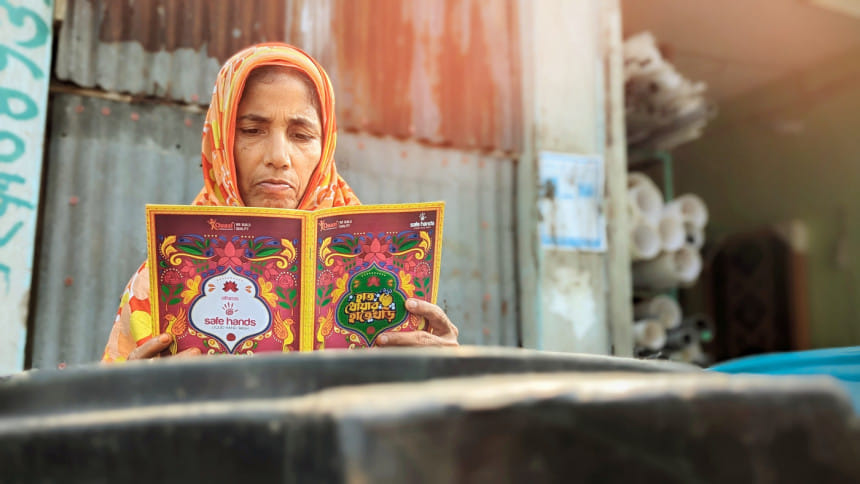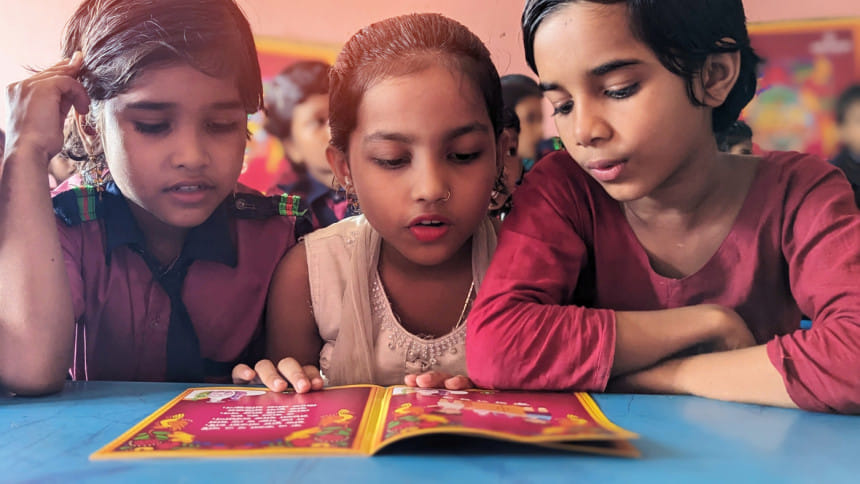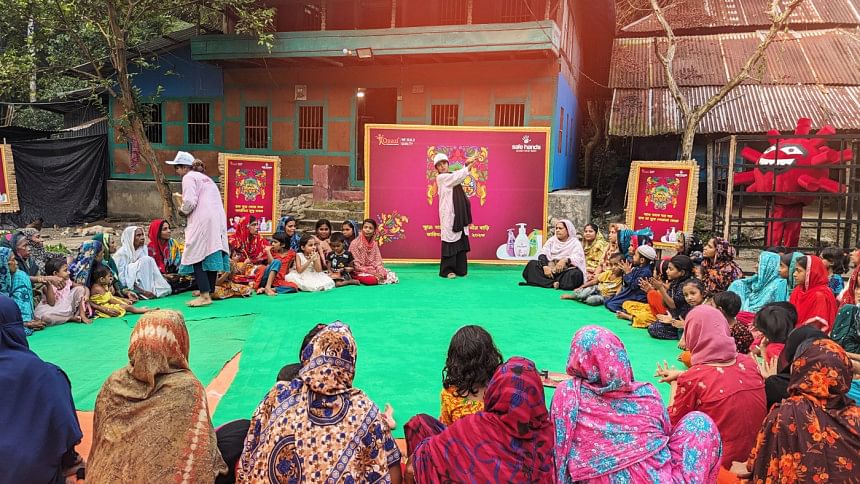“Haat dhowar haatekhori:” Revisiting the basics of handwashing

Prevention is better than cure and with few easy and simple measures, we can perhaps prevent many of the diseases that otherwise tend to afflict us.
One such simple prevention measure to thwart diseases is the habit of regularly washing our hands to keep them safe and free from germs, a habit, that was highly evident during the COVID times. However, nowadays, we seem to have forgotten to carry on with this healthy and hygienic habit, the necessity of which is as important now, as it was then.

The need to keep one's hands clean and safe cannot be over-emphasised, as our hands are the recurring contact points that touch, mostly all we come into contact with; and unclean and unsafe hands are tantamount to transmitting germs that spread various forms of diseases.
The need for carrying on with proper handwashing is more imperative now, with the onset of diarrhoea and other water-borne diseases, prevalent in the country. If we can revive the regular and mandatory handwashing habit that we adhered to during the COVID times, most of these diseases can be prevented. Simple measures of handwashing can ensure that our hands always remain safe.

Thus, realising the importance of re-instilling the healthy and hygienic habit of properly washing our hands, SAFE HANDS initiated 'HAAT DHOWAR HAATEKHORI,' a programme to renew the momentum of keeping hands safe and germ-free and making people aware of the need to continue with the habit.
The programme, held in a remote area of the country, coincided with Global Handwashing Day, with an aim to reach out to the periphery areas initially, and then move gradually inward. Thus, a remote area was inculcated into the programme, encompassing the local populace, both young and old, alike.

The initiative, undertaken at the Union Parishad level, arranged "uthan boithoks" to engage the audience with the core messages of the campaign and witnessed a huge gathering of local people of all ages, castes, and creeds, who, proactively participated in these sessions.
To make the sessions more interesting, SAFE HANDS tapped into the abundant wealth of Bangla literature and conducted interactive sessions with the people. Sayings, quotes and phrases of renowned litterateurs and poets of the country were used, aimed at bringing home the message of regular and proper handwashing in an entertaining and memorable way.

The activities and interactions at the sessions received a positive response, making the initiative a success, and paving the way for moving ahead with yet, greater zeal and purpose. We hope with further such programmes in the vast untapped remote areas of the country, it will be possible to raise the desired awareness level regarding good handwashing practices and habits for the next generations to carry forward with their safe hands.
Photo: Courtesy

 For all latest news, follow The Daily Star's Google News channel.
For all latest news, follow The Daily Star's Google News channel. 



Comments